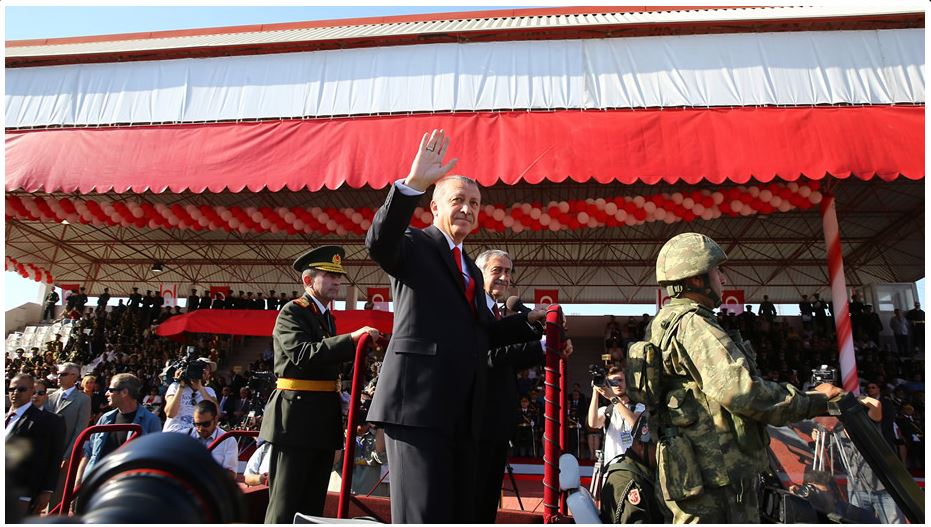Nigeria’s stock market could face increasing pressure, as tensions between the United States and Turkey continue.
Turkey is battling the United States on two fronts: Its refusal to release Andrew Brunson, who has been held for nearly two years for allegedly spying; the country is also dealing with a hike in tariffs imposed on its steel exports.
US President, Donald Trump, since assumption of office, has taken an America first policy and vowed to rebalance what he felt were trade positions skewed against the country.
The move has led to pressure on Turkey’s exchange rate with the dollar, and capital flight. Some analysts have also expressed concern with the appointment of Berat Alberyrak as the Governor of Turkey’s Central Bank early last month. Alberyrak is President Recep Erodgan’s son in law. Erodgan has shown no signs of backing down, calling the steps taken by the United States an attack.
Why Emerging Markets move together
Emerging Market investors tend to take decisions collectively. Upheaval in one market tends to have a contagion effect across the other markets. Investors also tend to take a flight to safety whenever uncertainty arrives.
In addition, speculators betting the Turkish Government would let the Lira devalue further, and would liquidate their holdings in other emerging markets.
For emerging market investors, foreign exchange stability is the biggest factor. The crisis in Turkey could have a ripple effect on Brazil and Argentina.
Closer home, the South African Rand has dipped marginally against the dollar to its floating exchange rate.
Why isn’t the Naira affected?
The Naira has been unaffected by the turmoil because the CBN has maintained its defence of the exchange rate at N360 to the dollar. This has however been at a cost to the foreign reserves.
The apex bank may continue to do so, as long as crude oil earnings remain robust.
Bad going worse
While the Naira is largely unaffected by the crisis, the issues in Turkey may worsen an already bearish stock market.
There was a sell-off on the NSE last week largely due to the heightened political tensions between the All Progressives Congress (APC) and Peoples Democratic Party (PDP) in the National Assembly. This led to a brief shutdown of assembly complex by men of the Department of State Security (DSS). Lawal Daura, Director General of the DSS was sacked the same day.
The All Share Index was negative on all trading sessions last week, closing, down -2.89% The index closed in the red today, making seven consecutive days of bear markets. Year to date, the index is down 7.44%
What stocks will feel pressure?
Bluechip stocks such as the FUGAZ banks (First Bank, UBA, Guaranty Trust Bank, Access Bank and Zenith Bank), Unilever and PZ Cussons could see selling pressure this week if no resolution is reached. Foreign investors tend to favour them because of their liquidity.
Data from the NSE Domestic and Foreign Portfolio Report for the month of June shows FPIs accounted for 50% or N799 billion of the N1.5 trillion worth of shares traded year to date.
Effects of a likely sell-off
A continued sell-off in the equity markets could lead to slight pressure on the country’s foreign exchange reserves. The country’s foreign reserves have declined this month from $47 billion at the start of the month to $46.6 billion as at Friday the 10th of August 2018.
Treasury Bil yields may inch up
While the stock market may continue tanking, yields on treasury bills could inch up later in the year. In a bid to keep the exchange rate stable, the CBN could either increase the interest rate (yields) on treasury bills. Doing so would lower an outflow of foreign portfolio investors from the country.
